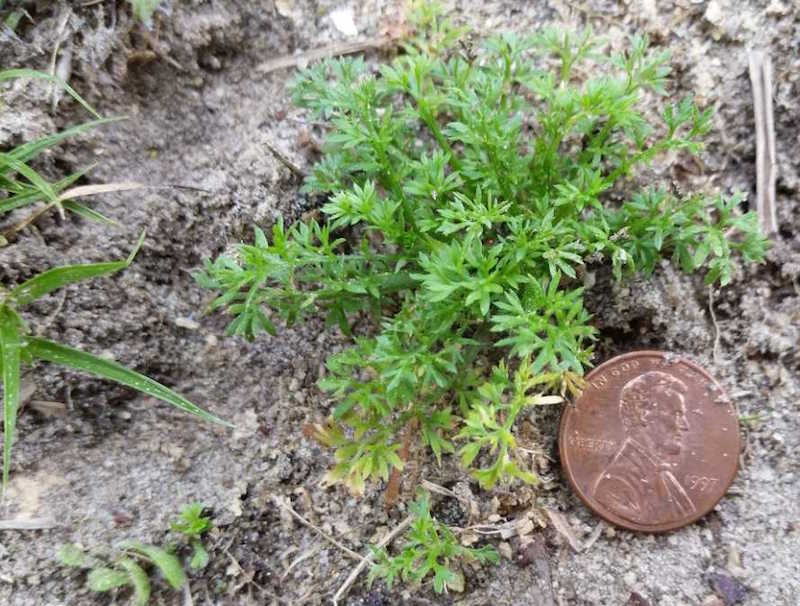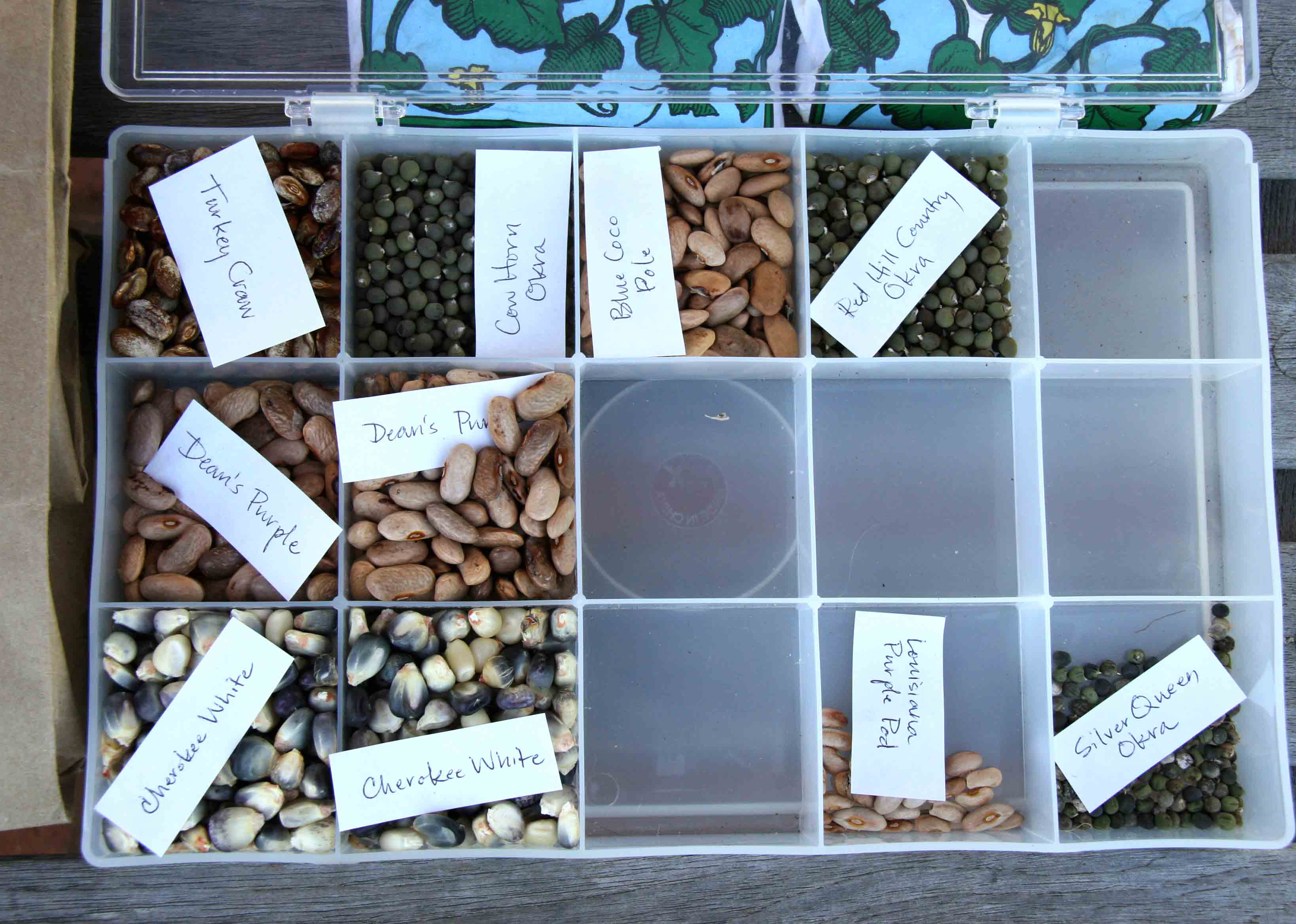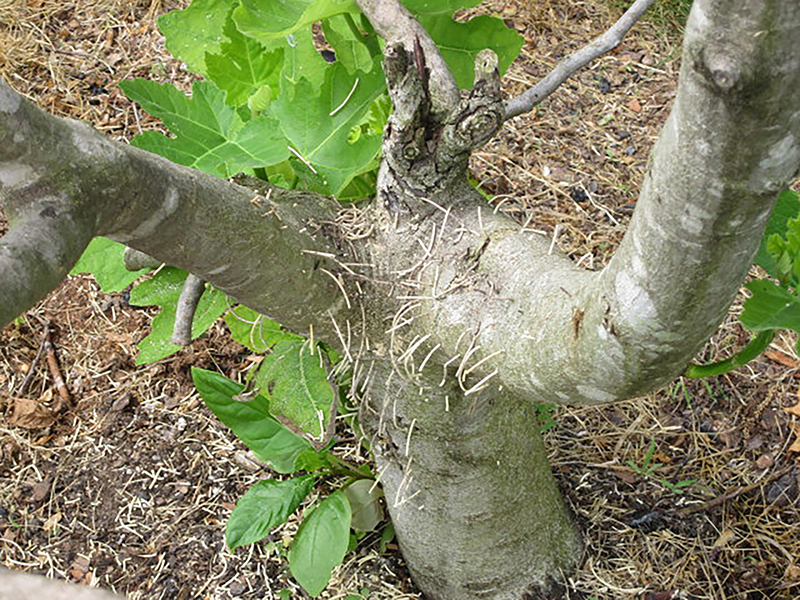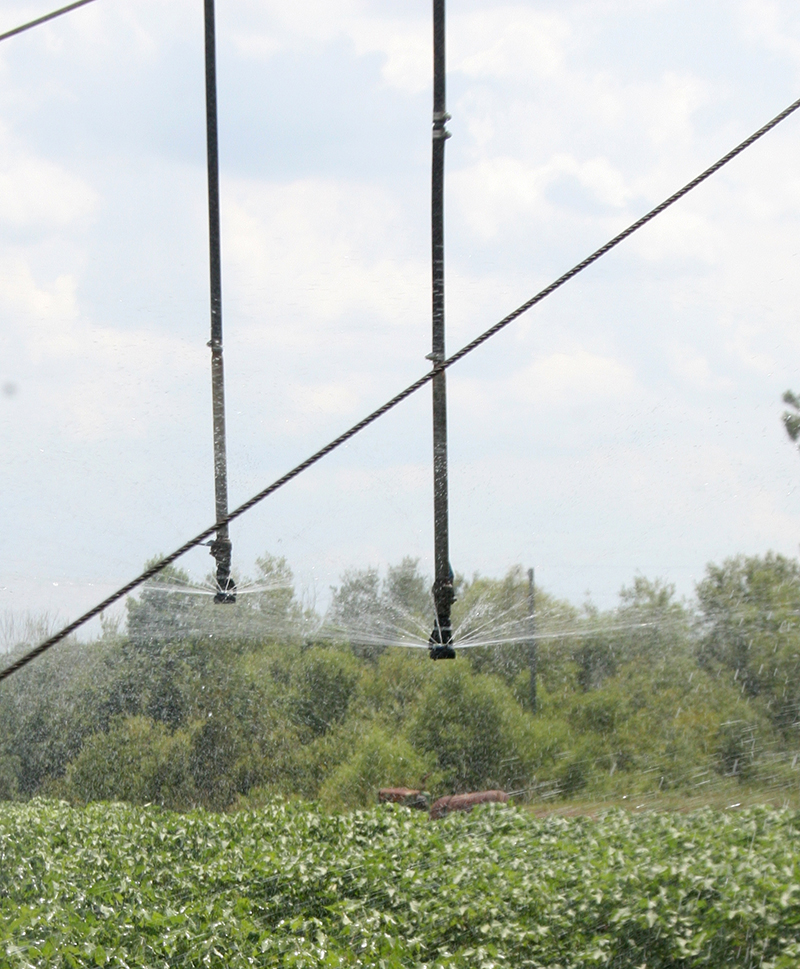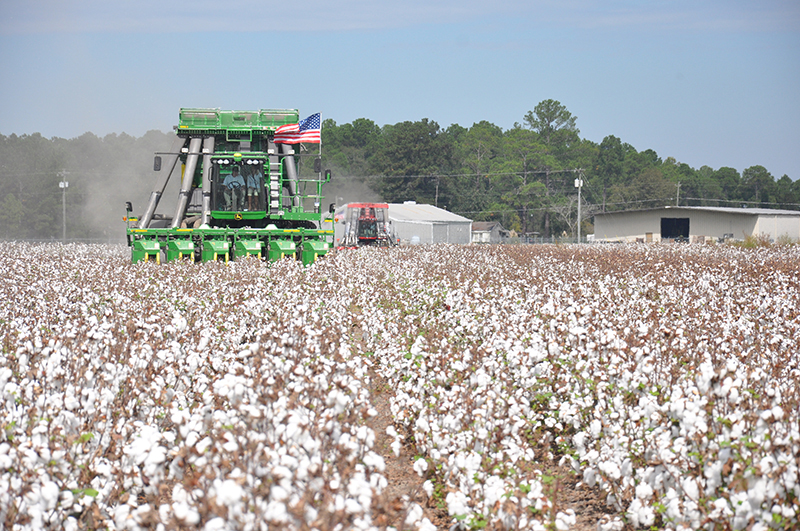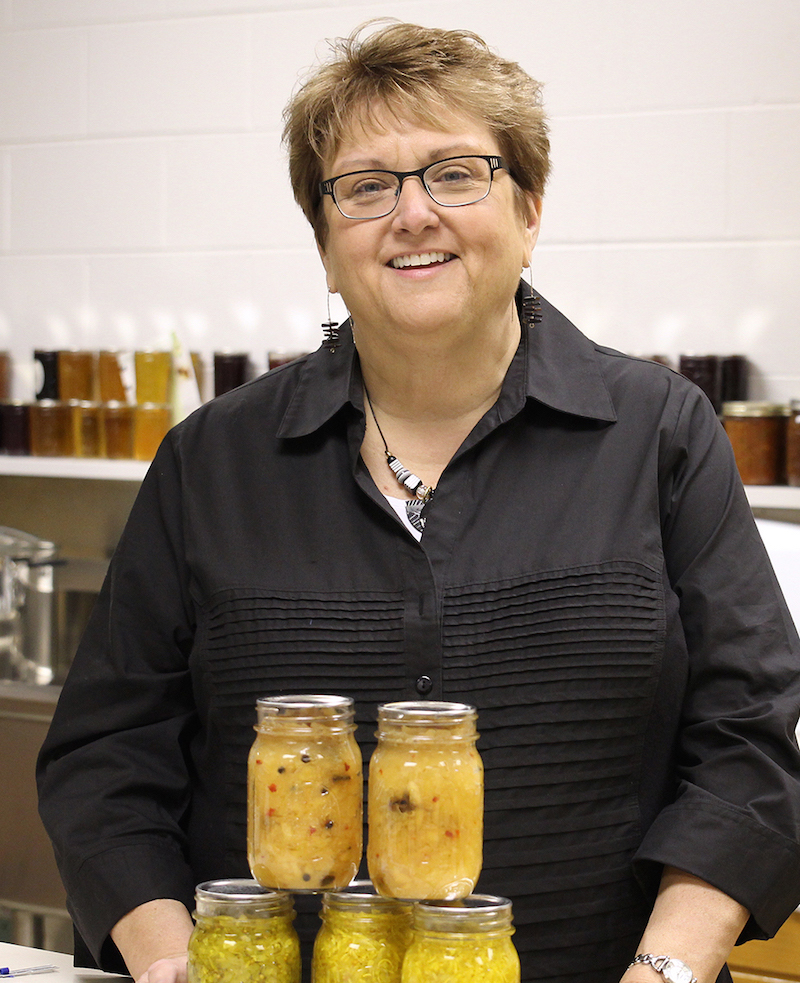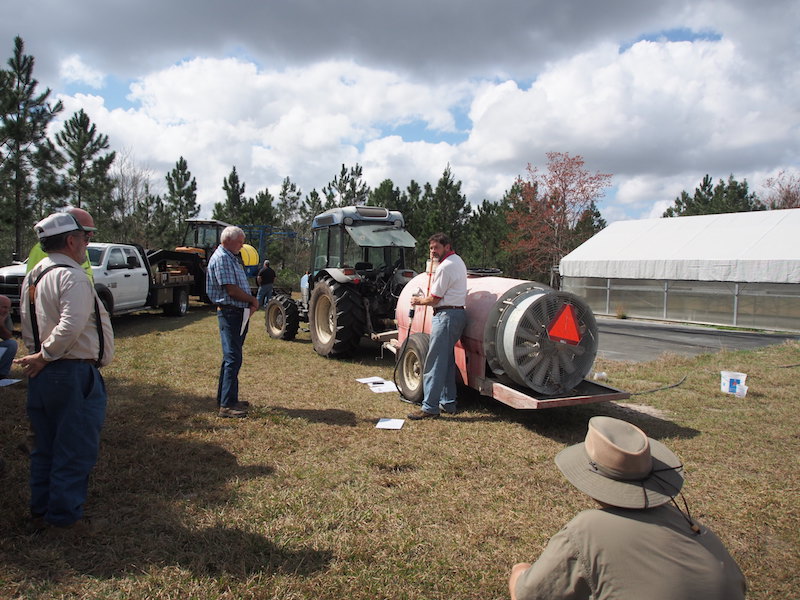 CAES News
CAES News
Blueberry Pest Management Field Day tackles integrated approach to gall midge and spotted wing drosophila
With spring approaching, blueberry farmers focus on maximizing their 2018 yields, which means finding new ways to deal with pests like gall midge and spotted wing drosophila. To help these growers stay on top of potential pest problems, University of Georgia integrated pest management (IPM) researchers hosted a spring field day in Alma, Georgia, on Feb 21. Over 70 regional farmers from several southwestern Georgia counties, such as Bacon, Clinch, Appling and Pierce, attended the half-day event.

